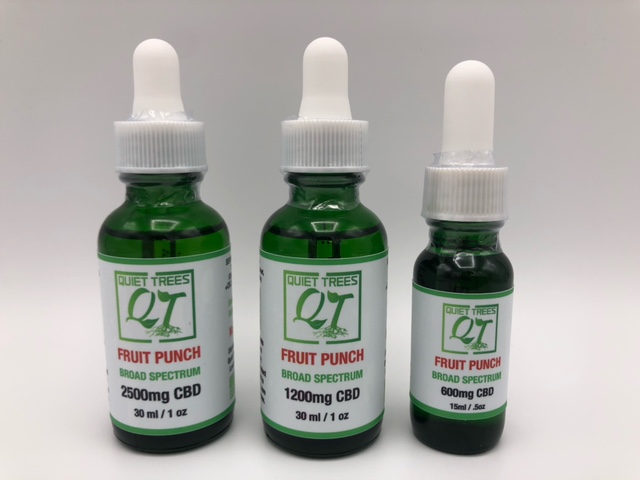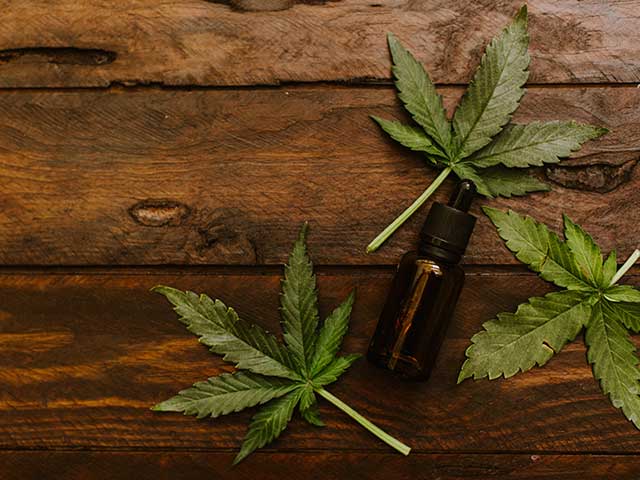Cannabidiol, commonly known as CBD, has rapidly gained popularity in recent years as a natural remedy for a myriad of health issues. However, despite its widespread use and growing acceptance, there are still numerous myths and misconceptions surrounding CBD. These misunderstandings can deter potential users and create confusion about its benefits and risks. In this article, we will debunk some of the most common myths and misconceptions about CBD, providing clear, evidence-based information to help you make informed decisions.
Understanding CBD: What It Is and How It Works
What is CBD?
CBD is one of over 100 cannabinoids found in the hemp plant. Unlike its cousin, tetrahydrocannabinol (THC), CBD does not produce a psychoactive “high.” Instead, it is renowned for its potential therapeutic benefits, which include alleviating pain, reducing anxiety, and improving sleep.
How Does CBD Work?
CBD interacts with the body’s endocannabinoid system (ECS), a complex cell-signaling system that plays a crucial role in regulating a range of functions, including sleep, mood, appetite, and immune response. The ECS comprises endocannabinoids, receptors, and enzymes that work together to maintain homeostasis (balance) within the body.
Myth 1: CBD Gets You High
One of the most persistent myths about CBD is that it gets you high. This misconception likely stems from the fact that CBD is derived from the hemp plant. However, it is essential to differentiate between CBD and THC. THC is the primary psychoactive compound in hemp responsible for the euphoric high. In contrast, CBD is non-psychoactive, meaning it does not alter your state of mind. Numerous studies have confirmed that CBD does not produce the high associated with THC.
Myth 2: All CBD Products Are the Same
Another common myth is that all CBD products are the same. In reality, there is a significant variation in the quality, potency, and purity of CBD products on the market. Factors such as the source of the hemp, the extraction method used, and the presence of other cannabinoids and terpenes can all influence the effectiveness of a CBD product. It is crucial to choose products from reputable brands that provide third-party lab testing results to ensure quality and safety.
Myth 3: CBD is a Cure-All
While CBD has shown promise in treating various conditions, it is not a miracle cure. Some people believe that CBD can cure any ailment, from cancer to chronic pain. Although research suggests that CBD may help manage symptoms of certain conditions, it is not a substitute for traditional medical treatments. It is essential to approach CBD as a complementary therapy rather than a cure-all solution.
Myth 4: CBD is Addictive
There is a common misconception that CBD is addictive. This myth likely arises from the association between hemp and addiction. However, research indicates that CBD is not addictive and may even help in treating substance use disorders. The World Health Organization (WHO) has stated that CBD exhibits no effects indicative of any abuse or dependence potential. Please take a look at these guys to learn more about debunking myths and misconceptions about CBD.

Myth 5: More CBD Means Better Results
Some people believe that taking higher doses of CBD will yield better results. However, this is not necessarily true. The effectiveness of CBD can vary depending on individual factors such as body weight, metabolism, and the severity of the condition being treated. It is generally recommended to start with a low dose and gradually increase it until the desired effects are achieved. Consulting with a healthcare professional can also help determine the appropriate dosage.
Myth 6: CBD Works Instantly
There is a misconception that CBD provides instant relief. While some people may experience rapid benefits, for others, it may take time for CBD to build up in their system and produce noticeable effects. Factors such as the method of consumption, dosage, and individual body chemistry can influence how quickly CBD works. Patience and consistency are key when incorporating CBD into your wellness routine.
Myth 7: CBD is Illegal
The legal status of CBD can be confusing due to varying regulations across different regions. However, in many places, CBD derived from hemp (containing less than 0.3% THC) is legal. It is essential to understand the laws in your specific area and ensure that the CBD products you purchase comply with local regulations. In the United States, for example, the 2018 Farm Bill legalized hemp-derived CBD at the federal level, though some states may have additional restrictions.
Myth 8: CBD Has No Side Effects
Although CBD is generally well-tolerated, it can cause side effects in some individuals. Common side effects include dry mouth, diarrhea, and changes in appetite or weight. Additionally, CBD can interact with certain medications, potentially leading to adverse effects. It is crucial to consult with a healthcare provider before starting CBD, especially if you are taking other medications.
Myth 9: CBD is Only for Adults
While CBD is most commonly used by adults, it can also be beneficial for children with certain medical conditions, such as epilepsy. The FDA has approved a CBD-based medication called Epidiolex for the treatment of seizures associated with Lennox-Gastaut syndrome and Dravet syndrome, two severe forms of epilepsy in children. However, it is essential to use CBD under medical supervision when treating children.
Myth 10: CBD is Just a Fad
Some skeptics argue that CBD is just the latest wellness trend, destined to fade away like other health fads. However, the growing body of scientific research and the increasing acceptance of CBD in the medical community suggest otherwise. While more research is needed to fully understand its potential, CBD’s therapeutic benefits and versatility indicate that it is here to stay.
How to Choose Quality CBD Products
Given the proliferation of CBD products on the market, it can be challenging to find high-quality options. Here are some tips to help you make an informed choice:
- Check the Source: Look for products made from organically grown hemp to ensure they are free from harmful pesticides and chemicals.
- Read Lab Reports: Reputable brands provide third-party lab testing results, which verify the potency and purity of their products. These reports should be readily accessible on the company’s website.
- Consider the Extraction Method: CO2 extraction is considered the gold standard for producing high-quality CBD, as it preserves the beneficial compounds without using harmful solvents.
- Full-Spectrum vs. Isolate: Decide whether you want a full-spectrum product (which contains other cannabinoids and terpenes) or a CBD isolate (pure CBD). Full-spectrum products are believed to provide the “entourage effect,” where the compounds work synergistically for greater benefits.
- Read Reviews: Customer reviews can provide valuable insights into the effectiveness and reliability of a product.
- Consult a Professional: If you are new to CBD or have specific health concerns, it is always a good idea to consult with a healthcare provider.
Conclusion
CBD holds great promise as a natural remedy for a variety of health issues, but it is crucial to separate fact from fiction. By debunking these common myths and misconceptions, we hope to provide a clearer understanding of what CBD can and cannot do. As with any supplement, it is essential to do your research, choose high-quality products, and consult with a healthcare professional to determine the best approach for your individual needs.

